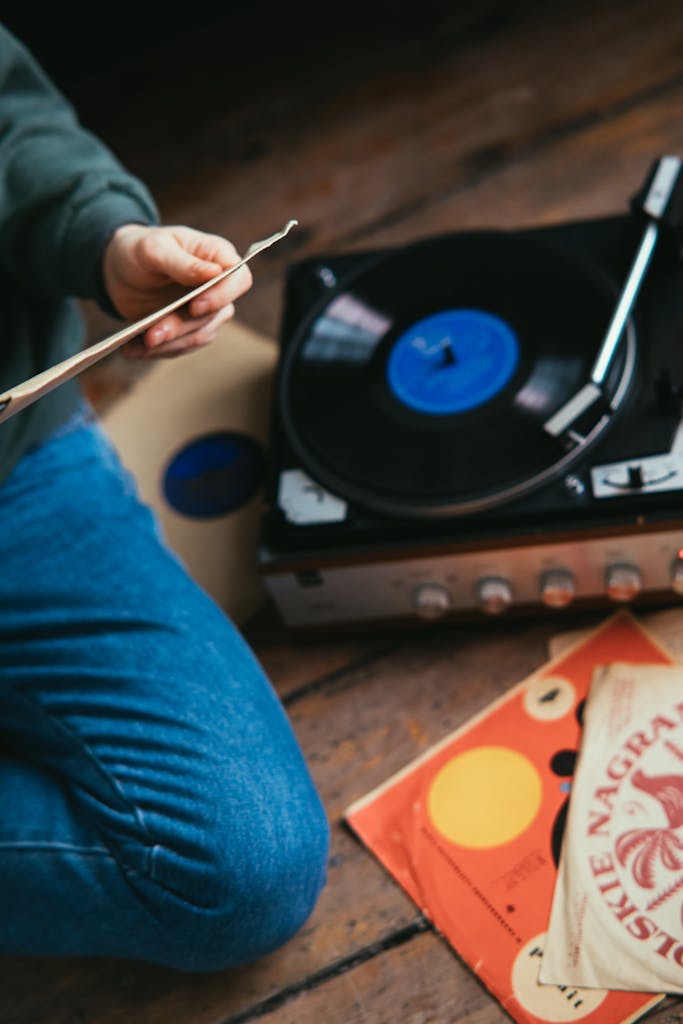Self Care for Musicians and the Music Industry: Simple Ways to Stay Mentally Healthy
In the fast paced world of music, it’s easy to forget about yourself between juggling gigs, recording, and all the behind the scenes work. Staying healthy both mentally and physically is crucial for keeping your passion alive. On this page, we’ll explore self care for musicians and everyone in the music industry, offering practical tips to help you avoid burnout and simple mindfulness practices to keep you grounded. By focusing on these areas, you can stay energized, inspired, and continue doing what you love. Whether you’re a musician, producer, manager, or anyone else in the industry, taking care of yourself is key to maintaining your creativity and energy for the long haul.

Self Care That Fits a Music Life
Start with the basics. Sleep when you can. Eat meals that fuel your body and mind. Drink water throughout the day, especially when traveling or spending hours under hot stage lights. If a full workout doesn’t fit your routine, try stretching before a show or walking between sessions. Breaks are not wasted time. They’re what keep you going. Set healthy limits with your time, and give yourself space to rest when you need it. These little changes can help you stay strong, both mentally and physically.
Mindfulness: How It Helps Your Brain
Mindfulness is a way to bring your attention back to the present moment. For musicians, it can help reduce stress, improve focus, and make you feel more connected to your music. It doesn’t mean you have to sit still for hours. You can practice mindfulness in small ways during your day, even while playing or listening to music.
Studies show that mindfulness helps lower anxiety, improves sleep, and boosts memory. It can also help calm your nervous system before a show or studio session. Try deep breathing, a short body scan, or simply noticing how a song feels while you play it. Music itself can be a form of mindfulness when you focus on the sound, rhythm, or emotion without judging it. Practicing even five minutes a day can help your brain reset and give you more energy to handle stress.


Balancing Music and Life: Avoiding Burnout
Being a musician takes passion and hard work, but nonstop pressure can wear you down. Musician burnout is real. It can show up as feeling drained, losing interest in your craft, or having trouble staying focused. When music starts to feel more like a job than something you love, it might be time to check in with yourself and make some changes.
Balance doesn’t mean doing less. It means making space for rest, fun, and connection outside of music. Take time to do things that recharge you, like spending time in nature, being with friends, or enjoying silence. Learn to say no to things that push you too far or take away from your mental health. Even small breaks between sessions can help your mind recover. When you give yourself room to rest, you come back stronger, more creative, and more ready to keep going.



Easy Ways to Improve Self Care for Musicians
Simple Ways to Add Mindfulness to Your Day
Simple, Effective Strategies
How to Avoid Musician Burnout: Essential Tips for Staying Energized
Burnout can sneak in when you’re always creating, performing, or working behind the scenes. This section of our self-care for musicians page shares quick, practical tips to help you avoid burnout and feel better doing what you love. Whether you’re on stage or in the studio, these ideas are here to support your energy and passion.

Wrap-Up: Keep Your Energy High with Self Care for Musicians
Taking care of yourself is the foundation for a long and fulfilling career in music. Self care for musicians and everyone in the music industry is not just about avoiding burnout. It’s about staying connected to your passion and your craft. Whether it’s finding ways to relax and recharge through self care, building mindfulness into your routine, or using strategies to prevent burnout, it’s all part of the bigger picture.
The pressure to perform, create, and manage the demands of the industry can feel endless, but when you prioritize your wellbeing, you’ll keep the music flowing for much longer. The tips and practices on this page are here to help you stay balanced and energized, whether you’re a musician, producer, manager, or any other professional in the industry. You can keep doing what you love without burning out.
Remember, self care looks different for everyone. What matters is finding what works best for you and making it part of your everyday life. Your creativity, energy, and passion deserve it, and so do you.
